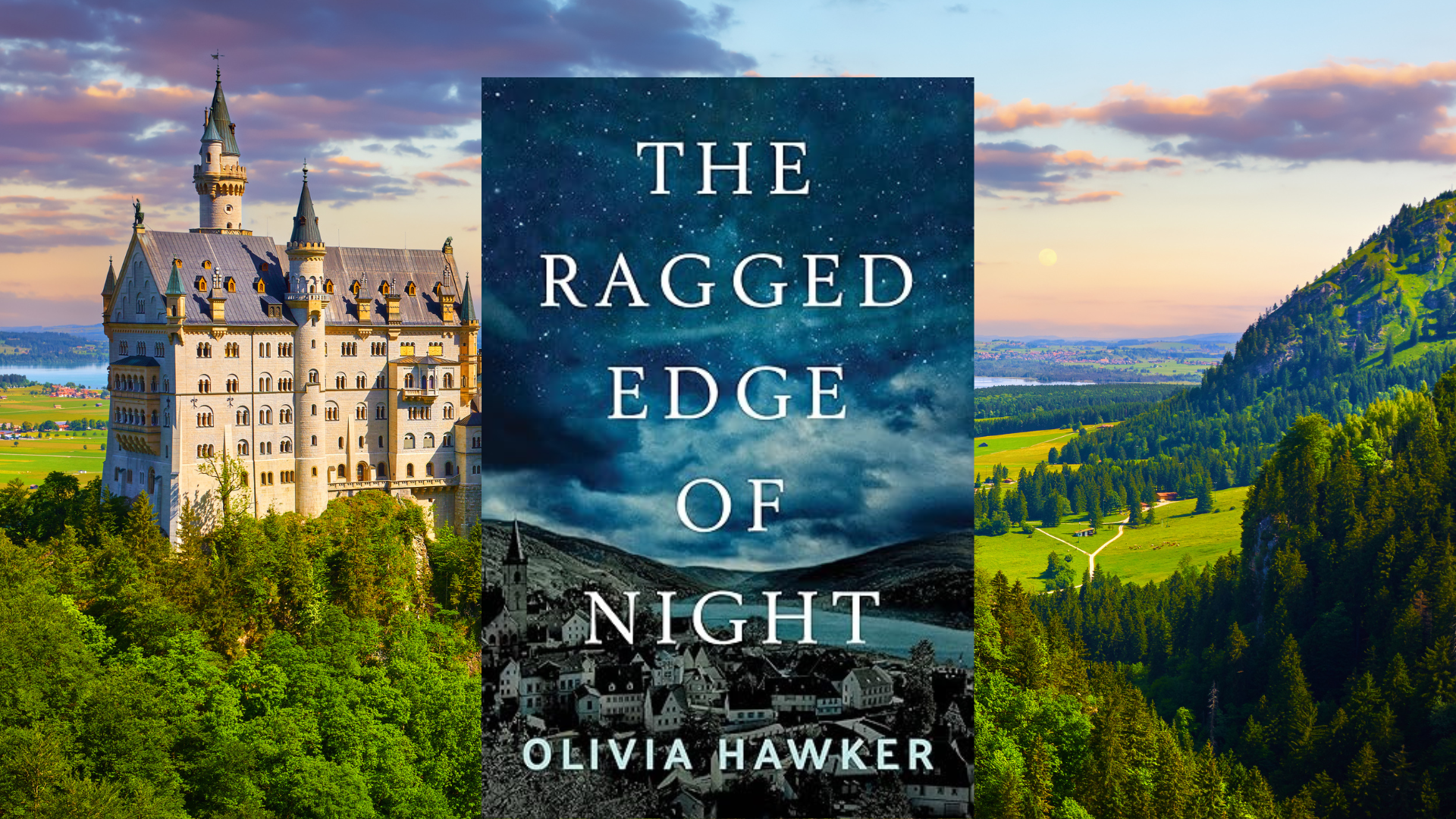Finding Light in the Shadows: The Ragged Edge of Night

Few novels have moved me the way Olivia Hawker’s The Ragged Edge of Night did. Set in a quiet farming village in 1942 Germany, this book offers a rarely told perspective: life inside Nazi Germany for ordinary citizens—especially those who dared to resist.
What makes this story especially compelling is that it’s based on a true account from the author’s own family history. That authenticity rings through on every page, from the raw emotional depth to the haunting sense of fear, sacrifice, and perseverance.
We meet Anton Starzmann, a Franciscan friar turned out by the Nazis and forced to find a new place in a war-ravaged world. He agrees to a marriage of convenience with Elisabeth Herter, a widow raising three children on her own. What begins as a partnership built on necessity slowly becomes something more tender, more rooted in love—and more threatened by the realities around them.
Hawker’s writing is quietly powerful. Her descriptions of rural life, the shifting seasons, and the internal conflicts of characters caught between morality and survival are deeply affecting. I felt transported to that tiny German hamlet, immersed in both its beauty and the suffocating tension of war.
From the Publisher:
“An emotionally gripping, beautifully written historical novel about extraordinary hope, redemption, and one man’s search for light during the darkest times of World War II.”
As Anton becomes involved with the Red Orchestra—an underground network of resisters—his life, and the fragile peace he’s built, are put at risk. His story becomes not just one of resistance but of redemption, love, and the cost of doing what’s right, even when it’s dangerous.
If you’re drawn to historical fiction that explores the lesser-known sides of WWII and you appreciate richly written, emotionally charged narratives, The Ragged Edge of Night is a must-read.
It’s a story that lingers—one that reminds us that even in the darkest moments of history, courage and compassion can still shine through.